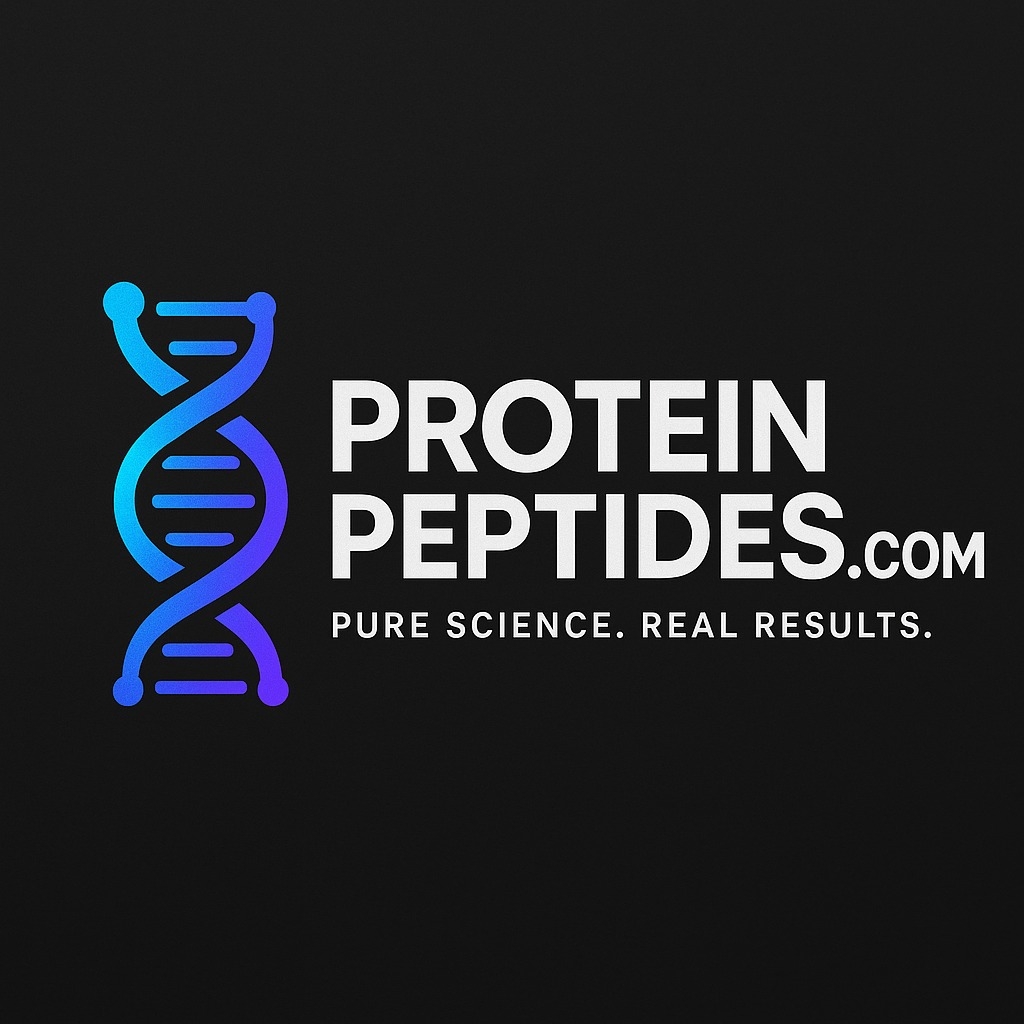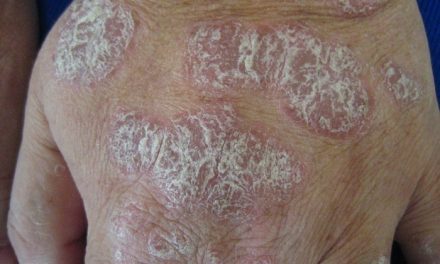Sexual dysfunction in women is more common than many realize, yet it remains an under-discussed issue. Unlike men, who have widely available treatments like Viagra, women experiencing low libido, arousal issues, or difficulty reaching orgasm often have fewer options. However, recent advancements in peptide therapy offer promising solutions for female sexual dysfunction (FSD). Peptides such as PT-141, Oxytocin, and Kisspeptin-10 have shown potential in boosting sexual desire, improving arousal, and enhancing overall sexual wellness. But how do these peptides work, and can they truly help women reclaim their sexual confidence?
Understanding Female Sexual Dysfunction (FSD)
Female sexual dysfunction is a broad term that describes persistent problems with sexual desire, arousal, orgasm, or pain during intercourse. It can affect women of all ages, though it becomes more common with hormonal changes, stress, or medical conditions. The primary types of FSD include:
1. Low Libido (Hypoactive Sexual Desire Disorder – HSDD)
- Characterized by a lack of sexual interest or desire, often causing emotional distress.
- Can be linked to hormonal imbalances, stress, medications, or past trauma.
2. Arousal Disorders
- When a woman wants to engage in sexual activity but struggles to become physically aroused.
- Often associated with poor blood flow, menopause, or neurological issues.
3. Orgasmic Dysfunction (Anorgasmia)
- Difficulty or inability to reach orgasm despite stimulation.
- Can be due to nerve damage, anxiety, or hormonal shifts.
4. Pain Disorders (Dyspareunia & Vaginismus)
- Dyspareunia refers to pain during intercourse, often caused by vaginal dryness or inflammation.
- Vaginismus involves involuntary muscle spasms that make penetration painful or impossible.
Common Causes of FSD
Several factors contribute to female sexual dysfunction, including:
- Hormonal Imbalances → Low estrogen and testosterone can reduce libido.
- Menopause → Decreased estrogen levels lead to vaginal dryness and reduced blood flow.
- Psychological Factors → Anxiety, depression, and stress can suppress sexual desire.
- Medical Conditions → Diabetes, cardiovascular disease, and certain autoimmune disorders affect circulation and arousal.
- Medications → Antidepressants, birth control pills, and blood pressure medications may lower libido.
How Peptides Can Help with Female Sexual Dysfunction
Peptides are short chains of amino acids that act as messengers in the body, regulating various physiological functions, including sexual health. Unlike pharmaceutical drugs, peptides work with the body’s natural systems to enhance libido, increase arousal, and support reproductive health.
Top Peptides for Female Sexual Health
1. PT-141 (Bremelanotide) – The Libido Booster
- PT-141 is a melanocortin receptor agonist that stimulates the brain’s sexual response system.
- Unlike Viagra, which works by increasing blood flow, PT-141 directly enhances sexual desire by targeting the nervous system.
- Studies have shown it can increase libido in both premenopausal and postmenopausal women.
- Available as a subcutaneous injection or nasal spray, PT-141 works within minutes to hours, making it a fast-acting treatment.
2. Oxytocin – The Bonding & Arousal Peptide
- Oxytocin, often called the “love hormone,” plays a crucial role in emotional bonding, arousal, and orgasm.
- This peptide enhances sexual pleasure and connection, making intimacy more enjoyable.
- Studies suggest that oxytocin increases vaginal lubrication and intensifies orgasms in women.
3. Kisspeptin-10 – The Hormonal Regulator
- Kisspeptin-10 stimulates gonadotropin-releasing hormone (GnRH), which helps regulate testosterone and estrogen levels.
- By improving hormone balance, it may increase libido and arousal.
- It also plays a role in reproductive health, potentially benefiting women trying to conceive.
4. BPC-157 – The Healer Peptide
- Primarily known for its tissue repair properties, BPC-157 may also improve blood flow and nerve function in the pelvic region.
- Can help with painful intercourse (dyspareunia) by reducing inflammation and promoting healing in the vaginal tissues.
How Peptides Work to Improve Sexual Health
- Increase Sexual Desire
- PT-141 directly activates the brain’s sexual response pathways, leading to a natural increase in libido.
- Enhance Arousal & Blood Flow
- Peptides improve circulation to the genital area, enhancing sensitivity and responsiveness.
- Balance Hormones
- Kisspeptin-10 and oxytocin help regulate estrogen and testosterone, key hormones for sexual function.
- Reduce Pain & Improve Comfort
- BPC-157 and oxytocin aid in reducing vaginal dryness, inflammation, and pain during intimacy.
Peptides vs. Traditional Treatments for FSD
| Feature | Peptides (PT-141, Oxytocin, Kisspeptin) | Traditional Medications (HRT, Addyi) |
|---|---|---|
| Boosts Libido | ✅ Yes | ✅ Yes |
| Enhances Arousal | ✅ Yes | ⚠️ Limited effects |
| Works Quickly | ✅ Fast-acting (PT-141) | ⚠️ Weeks to see effects |
| Regulates Hormones | ✅ Naturally balances hormones | ✅ Synthetic hormone therapy |
| Fewer Side Effects | ✅ Minimal | ⚠️ Nausea, dizziness, drowsiness |
How to Use Peptides for Sexual Wellness
- Consult a Doctor → Peptides should be used under medical supervision to ensure safety.
- Choose the Right Peptide → PT-141 for libido, Oxytocin for bonding, Kisspeptin-10 for hormones, and BPC-157 for healing.
- Follow Dosage Guidelines → Peptides are typically injected or taken as a nasal spray.
- Combine with a Healthy Lifestyle → Proper nutrition, stress reduction, and regular exercise enhance peptide benefits.
Are Peptides Safe for Women?
Peptides are generally well-tolerated, but mild side effects like nausea, flushing, or headaches may occur. Always start with a low dose and monitor how your body responds.
Final Thoughts
Peptides offer a groundbreaking, natural alternative to traditional treatments for female sexual dysfunction. Whether addressing low libido, arousal difficulties, or hormonal imbalances, peptides like PT-141, Oxytocin, and Kisspeptin-10 can help women reclaim their sexual confidence. As research on peptide therapy grows, more women may find these compounds to be a safe and effective way to enhance their intimate lives.
References
- Clayton, A. H., Kingsberg, S. A., & Goldstein, I. (2018). Bremelanotide: A novel treatment for hypoactive sexual desire disorder in premenopausal women. The Journal of Sexual Medicine, 15(8), 1187-1199. https://doi.org/10.1016/j.jsxm.2018.06.007
- Park, S. H., & Krug, R. (2019). The role of oxytocin in female sexual function and dysfunction. Sexual Medicine Reviews, 7(3), 298-307. https://doi.org/10.1016/j.sxmr.2019.03.003
- Jayasena, C. N., Comninos, A. N., & Dhillo, W. S. (2014). Kisspeptins and their role in the control of reproductive function. Endocrine Reviews, 35(4), 623-702. https://doi.org/10.1210/er.2013-1050
How Peptides May Help Female Sexual Dysfunction





